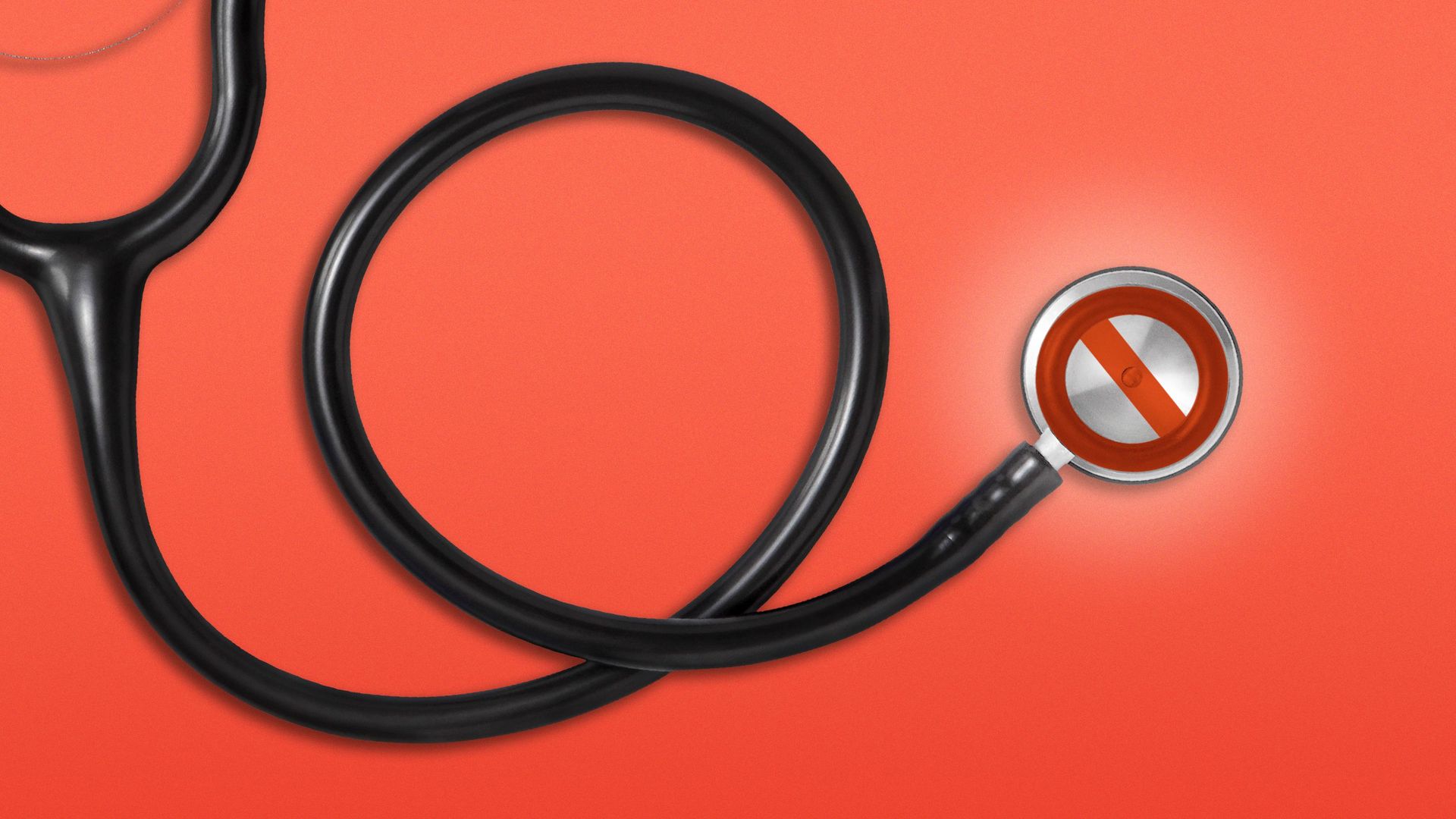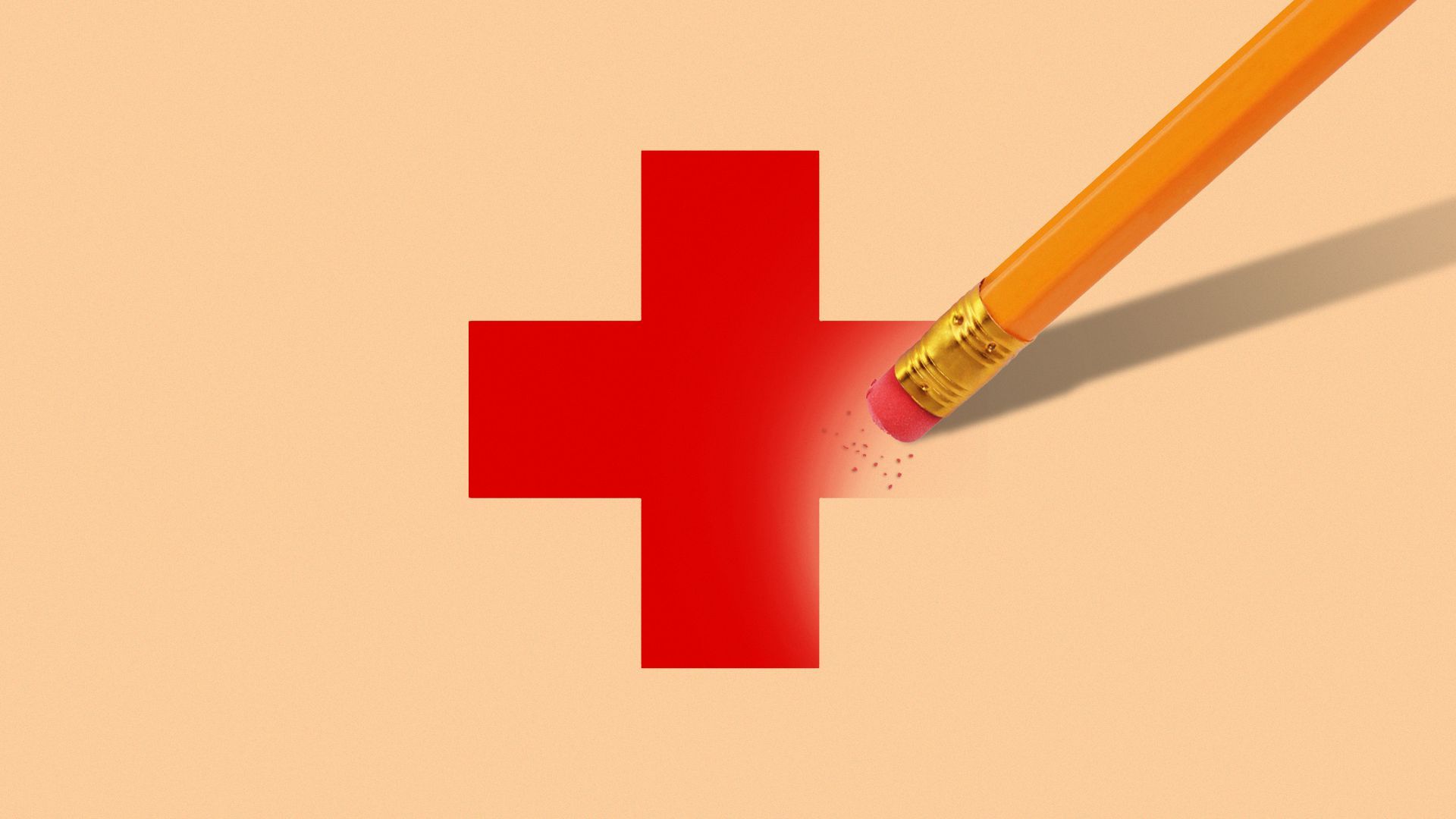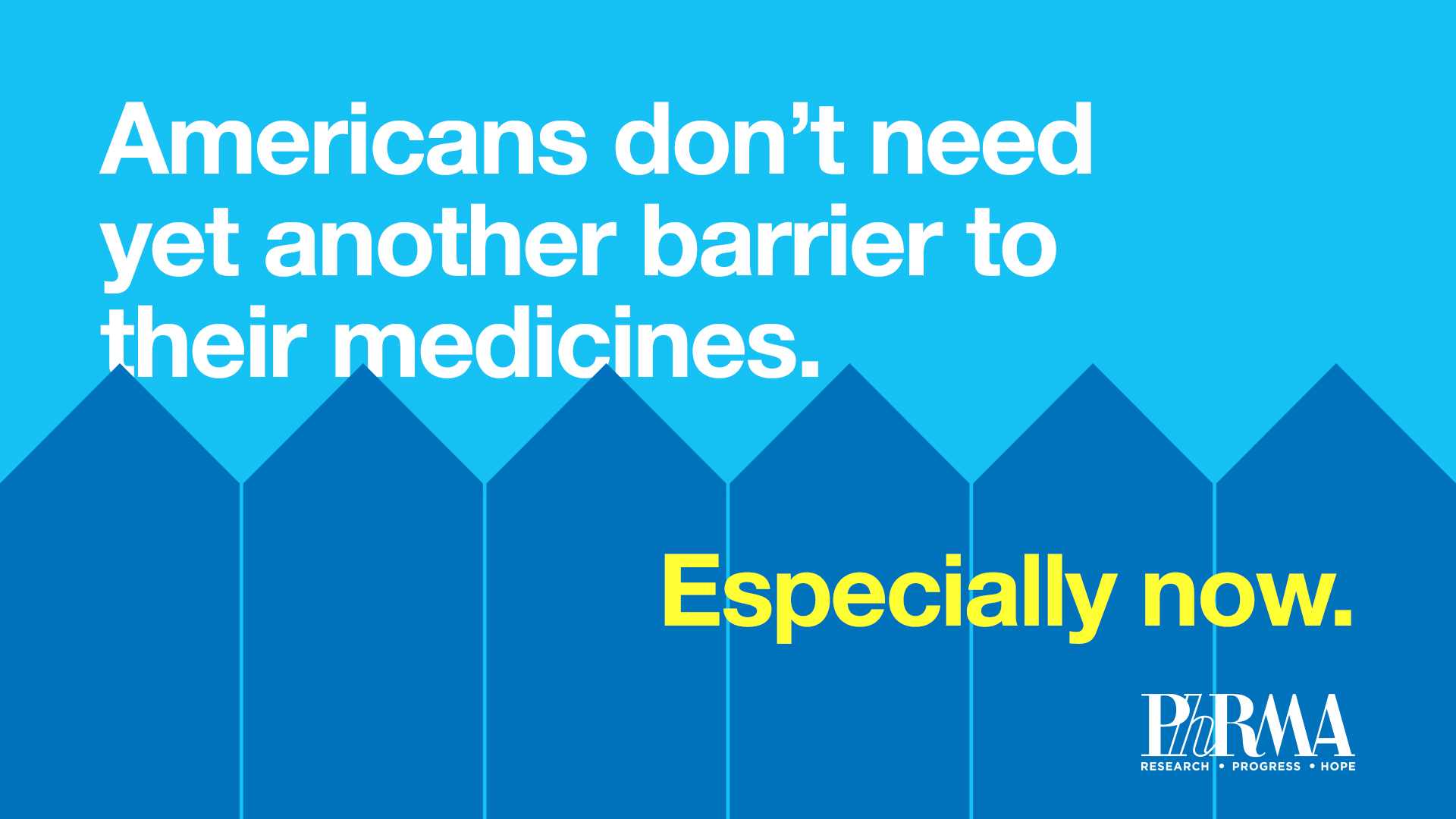| | | | | | | Presented By PhRMA | | | | Axios Vitals | | By Tina Reed · Jun 07, 2022 | | Good morning, Vitals readers. Today's newsletter is 1,171 words or a 4-minute read. 🚨 Situational awareness: A key FDA advisory committee meets today to consider whether to back an emergency use authorization for Novavax's COVID vaccine candidate for adults. | | | | | | 1 big thing: Monkeypox offers new cause for contact tracing |  | | | Illustration: Shoshana Gordon/Axios | | | | With 31 monkeypox cases confirmed in 12 states and the District of Columbia and growing concern about community spread, Axios' Arielle Dreher writes federal and state public health officials are turning to a frayed page in the pandemic playbook: Contact tracing. Why it matters: Contact tracing proved an ineffective tool for an airborne virus with a short incubation period like COVID-19, but monkeypox is different. Driving the news: Officials are turning to contact tracing in the hopes that identifying close, high-risk contacts of infected people will prevent the further spread of the virus. - "Health departments should be capable of doing contact tracing. The only thing that concerns me is the public reaction to it," Richard Garfein, an epidemiologist at the University of California San Diego School of Public Health, told Axios.
But, but, but: If public health workers can reach the hundreds of high-to-intermediate-risk contacts of people with confirmed cases, they can offer them necessary vaccines. - By the numbers: Worldwide, there are more than 1,000 monkeypox cases reported in 29 countries where the virus is not endemic, per the CDC.
- As of Friday, the U.S. has delivered 1,200 vaccines and 100 treatment courses to eight jurisdictions, Raj Panjabi, the White House senior director for global health security, told reporters.
Between the lines: Monkeypox is spread through various types of close, intimate contact with an infected person's rash, respiratory droplets or mucous and can be transmitted by sharing sheets or towels, kissing, touching, hugging or sex. Of note: The majority of cases have been confirmed in patients who identify as men who have sex with men, but that doesn't mean the risk is confined to that community, experts say. - "People have to be aware of how it's transmitted, and somebody who is not gay can get it just as easily as someone who is gay," Garfein said.
Read the rest. |     | | | | | | 2. Scope of practice fight heats up |  | | | Illustration: Allie Carl/Axios | | | | Physicians are trying to sink a bill due to be taken up on the House floor today that would allow federal employees to get work-related injuries diagnosed and treated by nurse practitioners and physician assistants, Axios' Adriel Bettelheim writes. The big picture: So-called scope of practice fights have intensified during the pandemic as emergency powers let medical providers who were not doctors provide more services. Driving the news: The legislation would expand nurse practitioners' and physician assistants' roles in providing services to injured federal workers under the federal workers' compensation program. - The non-physician providers would be reimbursed for caring for patients in the program and could provide medical evidence to support a benefit claim.
- The bipartisan bill is due to be brought up under a parliamentary process usually reserved for non-controversial legislation that limits floor debate and requires a two-thirds vote for passage.
What they're saying: American Medical Association CEO James Madara said the measure would undo federal law that prohibits non-physicians from making such disability determinations. - "H.R. 6087 effectively removes physicians from the care team and sets up our federal workers for suboptimal health outcomes and increased costs," Madara wrote in a letter to House Speaker Nancy Pelosi and Minority Leader Kevin McCarthy, urging them to oppose the bill.
The other side: Bill supporters say the measure strengthens the safety net for injured workers and note that nurse practitioners and physician assistants are increasingly important players in health delivery, especially in underserved areas. |     | | | | | | 3. Utah highlights exemptions problem if Roe goes |  | | | Illustration: Natalie Peeples/Axios | | | | Exceptions written into some states' abortion bans won't necessarily protect patients facing medical crises if Roe v. Wade is overturned, doctors and legal experts told Axios' Erin Alberty. Case in point: Utah. Utah's prospective ban includes language that may make it impossible for most patients to claim an exemption. The ban would take effect this summer pending a final ruling from the U.S. Supreme Court. - Exemptions would include things like birth defects and health threats to the mother.
- Doctors say medical diagnoses would require a level of certainty that is seldom clinically possible, Alberty writes.
- It's an experience that could be duplicated in multiple other states, depending on how the governments and courts apply the laws.
For example, birth defects must be "uniformly diagnosable" and "uniformly lethal" or cause a patient "to live in a mentally vegetative state" to qualify for an abortion under Utah's ban. - Yes but: A "vegetative state" is something that "nobody can truly predict," said Lori Gawron, a Salt Lake City obstetrician.
State of play: Utah doctors are already hesitant to perform emergency abortions that are technically exempt from the state's existing law that requires a 72-hour wait, Gawron said. - The risk a patient will hesitate and face deadly results, is likely to worsen if Utah's trigger law takes effect. "When the outcome is a second-degree felony ... I think that women are going to be put at significant risk," Gawron said.
Want to read more news out of Salt Lake City? Subscribe to the newsletter here. |     | | | | | | A message from PhRMA | | Out-of-pocket costs create significant barriers to care | | |  | | | | New data show that 35% of insured Americans spent more on out-of-pocket costs than they could afford in the past month. The story: Many patients are experiencing an insurance system that isn't working for those who need care. Learn how insurance is leaving patients exposed to deepening inequities. | | | | | | 4. CMS seeks to suppress hospital safety data | | Consumer groups are pushing back against a Biden administration proposal that would block public access to key hospital safety data such as infection rates, falls and incidence of bed sores. Driving the news: Medicare is accepting comments from the public through June 17 on the rule, saying it is proposing the data suppression "due to the impact of the COVID-19 [public health emergency.]" - "An important part of CMS' commitment to patient safety is ensuring public access to the highest quality data regarding the performance of health care facilities: We want the public to have complete trust in the data and will only be providing data we have determined has a high confidence of credibility and accuracy," Lee Fleisher, director of CMS' Center for Clinical Standards and Quality, said in a statement.
What they're saying: "The public has a right to know what happened during the pandemic. We have a right to know when lives are at risk and which hospitals did the best job of protecting their patients, said Leah Binder, CEO of the Leapfrog Group, an organization that grades hospital care. Between the lines: A number of studies have shown an increase during the pandemic in preventable hospital-acquired infections, including central line infections. - "There's no question hospitals have been under unprecedented pressure and it's clear to us they've responded to the pressure the best they could. But in some cases, that's been harmful to patients," Binder said.
- "We have to face up to the consequences of this pandemic in all of their nuances."
|     | | | | | | 5. Catch up quick | | 🏛 When Medicaid beneficiaries win settlements in injury cases, states can recoup the money spent on their care, the Supreme Court said Monday. (Tampa Bay Times) 💊 Pfizer said on Monday it will spend $120 million to boost production of its Covid-19 antiviral treatment Paxlovid. (Forbes) 💉 Over 82 million doses of COVID-19 vaccines distributed across the country have gone to waste since the start of the pandemic, according to CDC data. (Axios) 💰 A national doctors group is calling for changes to an interim final surprise billing rule, including a requirement that providers offer a good faith estimate of the cost of items and services provided to uninsured or self-pay patients. (AMGA) |     | | | | | | A message from PhRMA | | Voters want Congress to address health insurance | | |  | | | | According to a new poll, 71% of Americans would like to see Congress focus more on reducing the overall costs of health care coverage such as premiums, deductibles and copays. The reason: Many believe current health insurance coverage options are confusing and unaffordable. | | |  | It's called Smart Brevity®. Over 200 orgs use it — in a tool called Axios HQ — to drive productivity with clearer workplace communications. | | | | | | Axios thanks our partners for supporting our newsletters. If you're interested in advertising, learn more here.
Sponsorship has no influence on editorial content. Axios, 3100 Clarendon Blvd, Suite 1300, Arlington VA 22201 | | | You received this email because you signed up for newsletters from Axios.
Change your preferences or unsubscribe here. | | | Was this email forwarded to you?
Sign up now to get Axios in your inbox. | | | | Follow Axios on social media:    | | | | | |
No comments